In our ongoing series exploring various income levels, we've already delved into the financial strategies for those earning £50k and £100k. Now, it's time to shift our focus to the high earners, the ballers out there, who are making £150,000. In this blog, we'll guide you through the intricate decision-making process of choosing between a salary and dividends for your income.
Understanding the Tax Landscape
At the £150,000 income mark, you've likely lost your personal allowance (assuming no advanced tax planning). You've ventured into the additional rate tax band for income over £125,140, where it's taxed at 45% through PAYE and 33.95% through dividends. Additionally, it's important to note that you've also forfeited your eligibility for the 30 free childcare hours.
Key Assumptions: To provide the most insightful advice, we'll make a few important assumptions for our analysis:
- No pension contributions or donations that might impact tax bands.
- Corporation tax is payable at 25%.
- We'll compare the financial outcomes of two scenarios: £1,000 in dividends and a £149,000 salary vs. £137,470 in dividends and a £12,570 salary.
- No pension contributions or donations that might impact tax bands.
The Outcome: The results of our analysis show that you'll find an extra £2.4k in your pocket when following the £149,000 salary and £1,000 dividend model.
Additional Considerations
Here are some things to factor in when income is this level:
Income Splitting: If £150,000 is your target income, consider the possibility of splitting your earnings over two years, such as extracting £100,000 in year 1 and £200,000 in year 2. This strategy helps you protect your personal allowance in alternate years.
Cashflow Advantage: Opting for a lower salary and higher dividends allows you to defer your tax payments, as it isn't deducted at the source. Instead, you pay in instalments, with the balancing payment due 10 months after the tax year. This approach positively impacts your available cash in hand. In contrast, shifting to PAYE means you'll pay your taxes monthly, potentially affecting your cashflow.
Pension Contributions: Be mindful that if you make personal pension contributions, the choice between salary and dividends may have an impact. Dividends don't qualify as relevant UK earnings for pension contributions, so this could influence your retirement savings strategy.
Earning £150,000 presents a unique set of challenges and opportunities when it comes to deciding between salary and dividends. By carefully considering the factors mentioned above, you can make an informed decision that aligns with your financial goals and lifestyle. Remember, consulting with a financial advisor or tax specialist is always a smart move to ensure your choices are well-suited to your individual circumstances. Get in contact with us today to optimise your money.

.png)


.png)

.png)
.png)

.png)
.png)
.png)













.png)
.png)
.png)

.png)
.png)

.png)

.jpg)
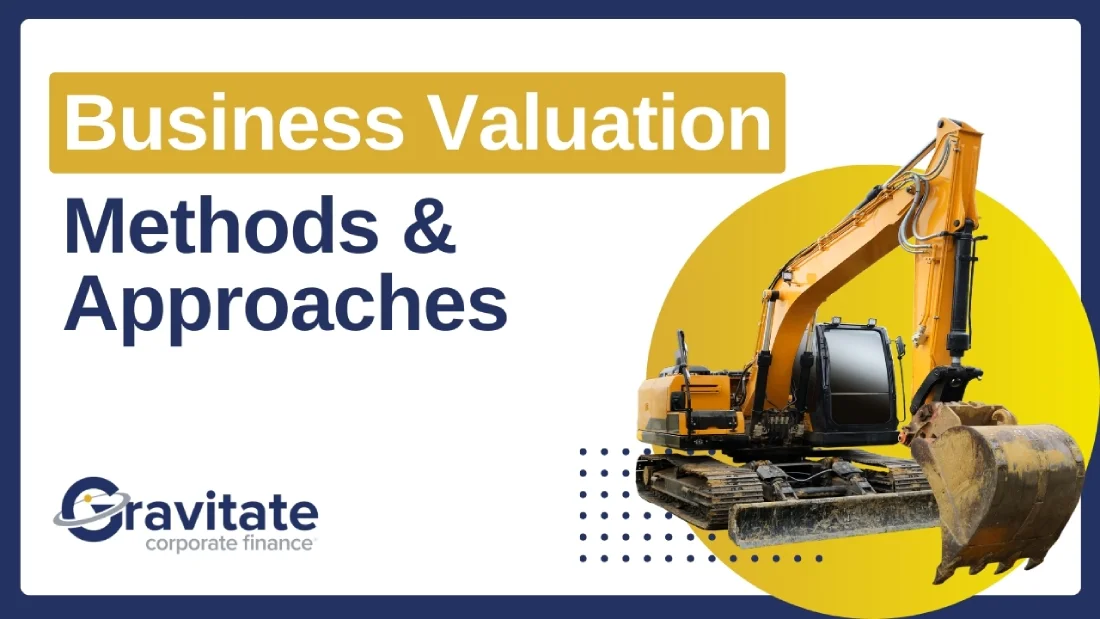
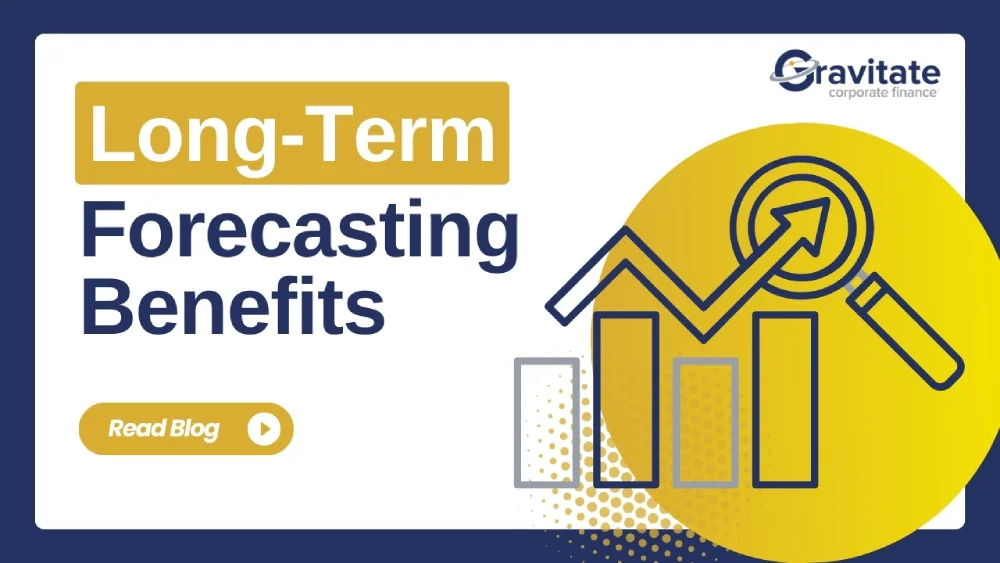
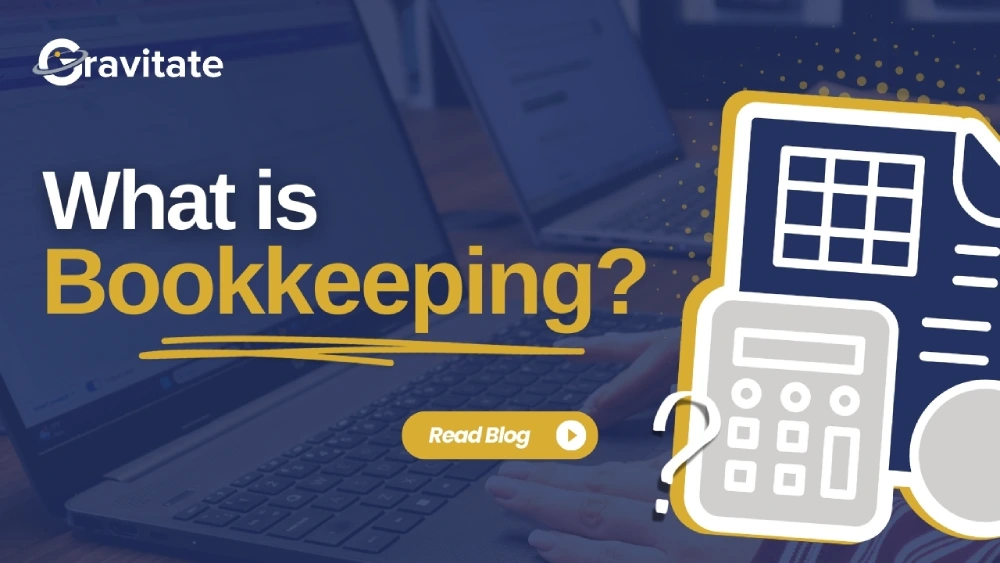

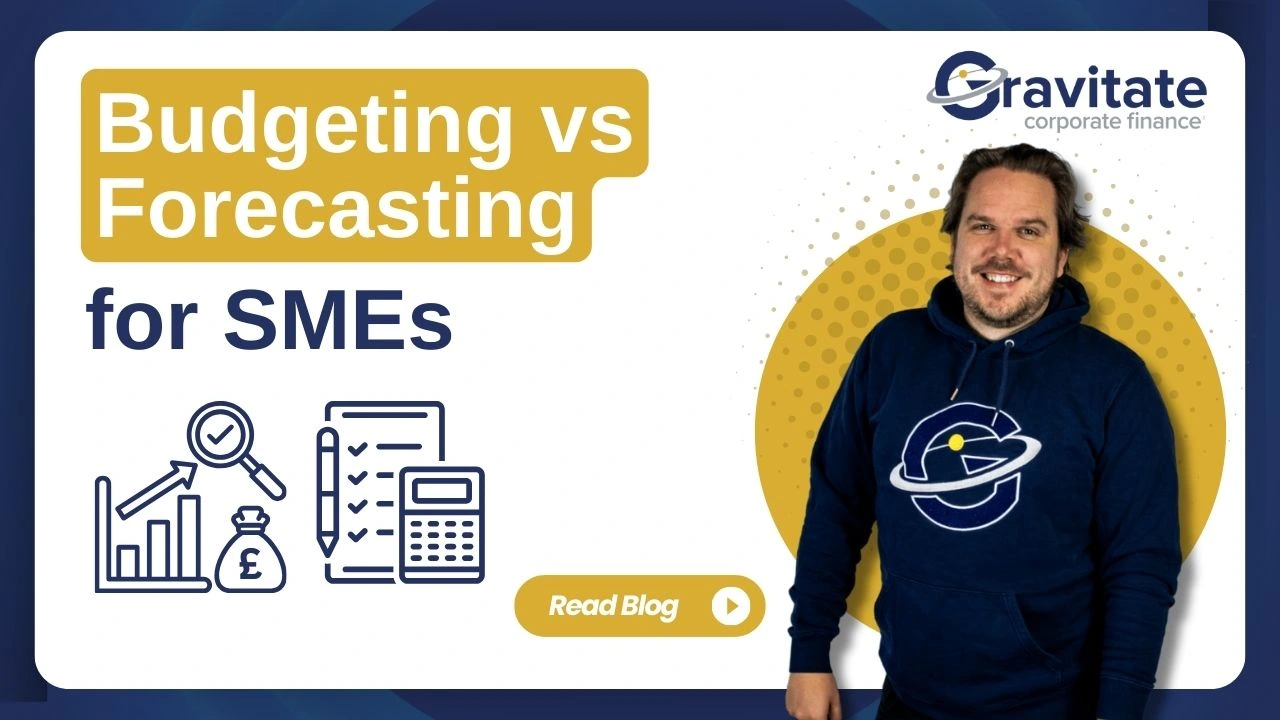
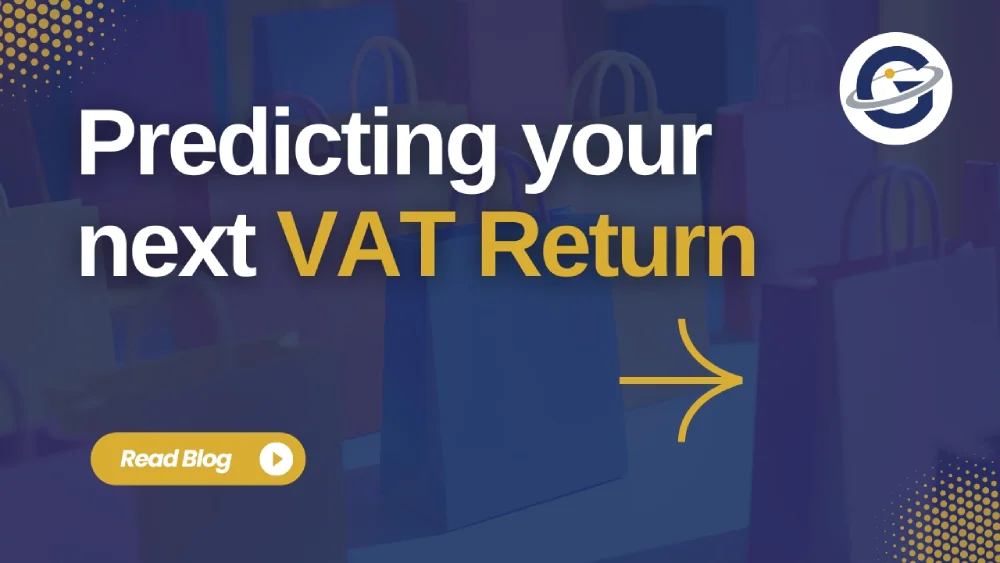









.jpg)

.webp)
.png)

.svg)
